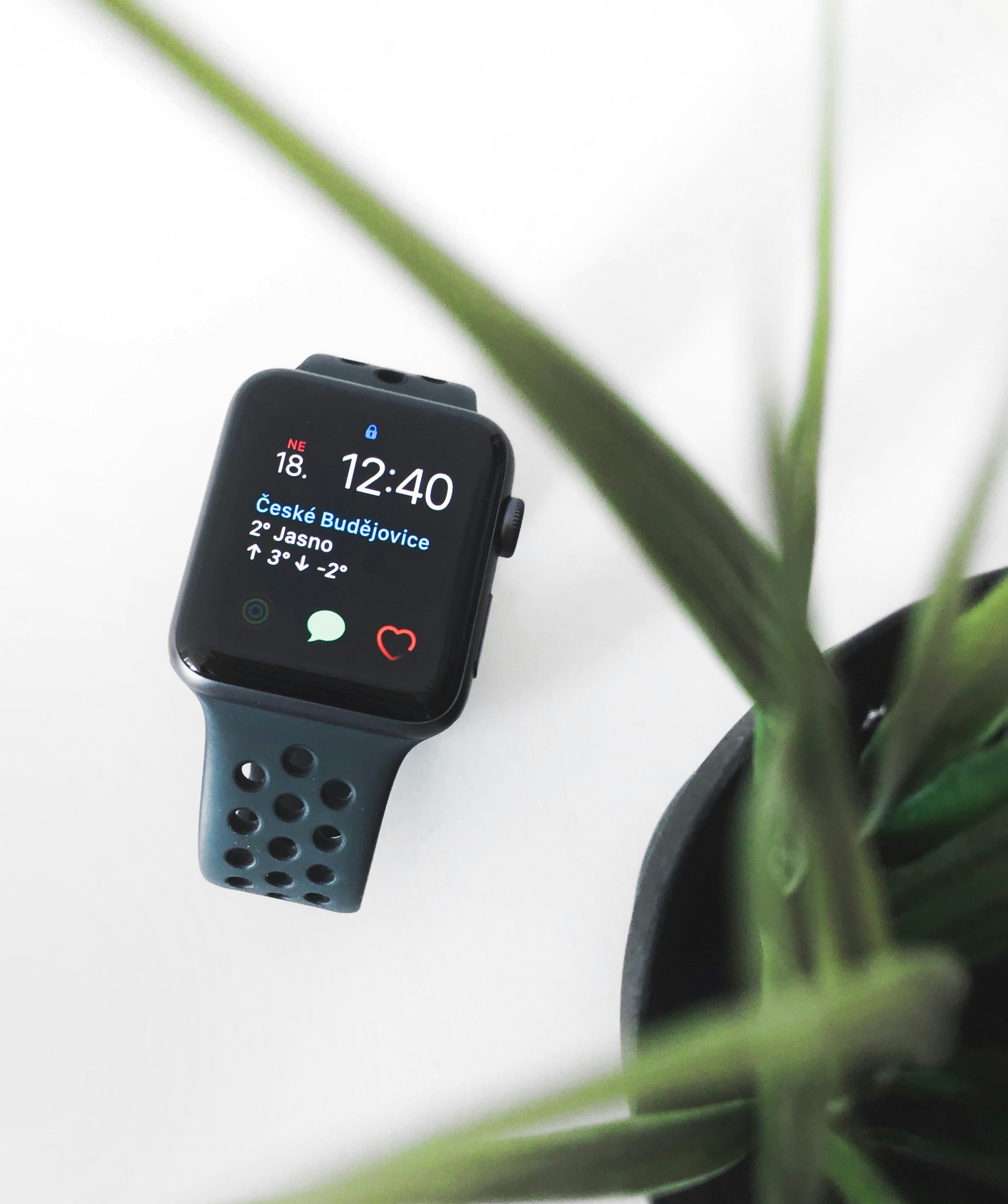· Health · 4 min read
How Smartwatches Can Support Heart Health: A Guide for Seniors
Smartwatches offer AI-powered tools to help monitor heart health effortlessly. Learn how these devices can support your well-being.

How Smartwatches Use AI to Support Your Heart Health
You might have heard of conversational AI like ChatGPT that chats with you, but did you know AI can also work inside physical devices? Smartwatches are a great example! Unlike pure conversational AI, these watches use smart sensors and AI algorithms to track your health and provide insights—all from your wrist. Let’s explore how this little device can become your personal heart health companion!
How Smartwatches Support Your Heart
Your heart is your body’s engine—it pumps blood, delivers oxygen, and keeps everything running. Keeping track of your heart’s activity can help detect issues early and prevent serious conditions like heart disease. But who wants to visit the doctor all the time just for a heart check-up? That’s where smartwatches come in, making heart monitoring easy and accessible.
Modern smartwatches are packed with sensors that collect data about your heartbeat and oxygen levels. AI processes this data and provides helpful feedback, sometimes even alerting you to potential issues before you feel them. While smartwatches are not medical devices and cannot replace professional healthcare, they serve as helpful tools for tracking heart-related metrics and promoting awareness. The best part? Many of these features run automatically, making it effortless to stay informed about your heart health.
Smart Features That Run Automatically Once Set Up
These smart features analyze heart activity in real time and provide alerts if something unusual is detected. Once set up, they work in the background with minimal effort from you.
-
Heart Rhythm Monitoring (AFib Detection) – (Automatic)
Some smartwatches continuously monitor your heart rhythm in the background and may detect signs of atrial fibrillation (AFib), a common condition that increases the risk of stroke and heart complications. If irregular rhythms are detected, the watch suggests seeking medical evaluation. -
Heart Rate Alerts – Significant changes in heart rate—whether too high or too low—can indicate potential health issues. Smartwatches continuously monitor heart rate and can notify users if they detect unusual fluctuations, prompting them to pay closer attention and, if necessary, consult a doctor.
Advanced Features That Require Manual Activation
While many smartwatch features work automatically, others need to be used actively when experiencing symptoms or checking your health status:
-
Electrocardiogram (ECG) Recording
If you experience dizziness, palpitations, or other symptoms, you can place your finger on the watch’s sensor for 30 seconds to record an ECG. This provides a detailed heart rhythm reading, which can be shared with a doctor for further analysis. -
Fall Detection and Emergency Alerts – Cardiac events can sometimes cause dizziness or fainting, leading to falls. Some smartwatches include a fall detection feature that can recognize sudden falls and automatically alert emergency contacts or 911 if the wearer does not respond.
-
Activity Tracking and Reminders – Maintaining an active lifestyle is one of the best ways to support heart health. Smartwatches track steps, monitor heart rate during exercise, and encourage users to stay active. This feature can be particularly helpful for seniors looking to maintain mobility and cardiovascular fitness.
-
Blood Oxygen Monitoring – Some smartwatches can measure blood oxygen levels, which can be useful when feeling short of breath or fatigued. Monitoring oxygen saturation can provide insights into overall health and help detect potential issues early.
What Smartwatches Can’t Do: Heart Attacks (MI)
While smartwatches can help track your heart health, they cannot directly detect a heart attack (myocardial infarction, or MI). If you ever experience chest pain, shortness of breath, or dizziness, don’t rely on your watch—call 911 or contact your doctor immediately!
Where Can Seniors Access a Smartwatch for Heart Health?
For seniors interested in using a smartwatch to monitor their heart health, there are ways to access one without purchasing it outright. Some local senior centers offer technology coaching programs where participants can try out or even borrow a smartwatch during training sessions. These programs not only provide guidance on how to use the device effectively but also help seniors understand how its features can assist in heart health monitoring.
If you’re interested, check with your local senior center or community program to see if they offer tech coaching sessions that include wearable health devices. You can also seek assistance in selecting a smartwatch that best fits your needs. However, it is essential to remember that this device does not replace professional medical care. Instead, it can serve as a tool for awareness, helping users stay informed and proactive about their heart health.
Final Thoughts
Technology is increasingly becoming part of how people manage their well-being. While smartwatches are not a diagnostic device, they offer features that can help users track their heart health and encourage healthy habits. For those looking for an extra layer of monitoring and peace of mind, wearable health devices may be worth exploring.

